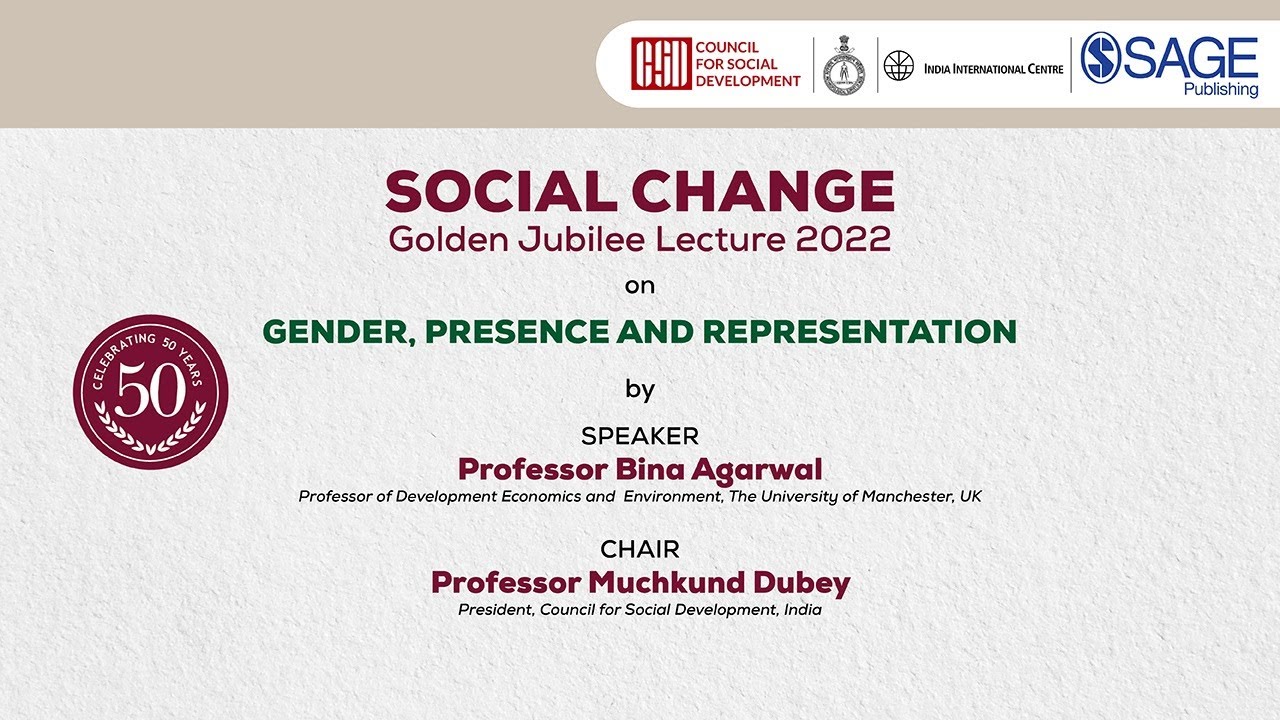PHYSICAL PROGRAMME
Ray between the Covers
An exhibition of digital reprints of book jackets, illustrated and designed by Satyajit Ray, beginning with his early work for Signet Press. Included in the exhibition are book jackets for his own fiction and non-fiction work; examples of his calligraphic covers; word play with titles; buoyant and cheerful covers for children’s fiction, among others
This exhibition is part of the year-long celebrations marking the centenary year of Satyajit Ray, legendary filmmaker, writer, illustrator and music composer.
The exhibition will continue online from 2 March to 13 March 2022. To access the exhibition, please visit www.iicdelhinic.in
Introductory Text
Satyajit Ray, the artist:
Satyajit Ray was a multifaceted genius who will be remembered as much for his graphic designing and illustrations as for his storytelling prowess. He was a great artist first, well before he made his name as a filmmaker. He designed book covers, film posters, illustrated children’s books and had a mastery over calligraphy and typography creating numerous new fonts in Bengali and four Roman fonts, receiving an award for designing the typeface for Ray Roman. Ray’s artistic work reflects a sophisticated experimentation with various artistic styles and traditions, both local and foreign, without compromising on aesthetic or authenticity. Throughout his career, sketching, graphic design and calligraphy merged seamlessly with his filmmaking.
From early childhood Ray was acquainted with the process of printing blocks, block printing and block carving techniques that he picked up at the family owned printing press U Ray and Sons. In 1940, he joined Santiniketan to study art under Nandalal Bose and Binode Behari Mukherjee who instilled in him a love of Indian classical art, reinforced by a tour he took in 1941 to see the great masterpieces for himself. Ray visited Ajanta, Ellora, Elephanta, Sanchi and Khajuraho, assimilating the qualities that distinguish Eastern from Western art. Critics note that this awareness sharpened his perception of the way very small details in Indian art could be used to express something much greater.
As a graphic illustrator, Ray started his career in 1943 as a junior visualiser at D.J. Keymer (now Ogilvy), a British-run advertising agency where he established a strong reputation as an art director and designer. His advertisements often reflected his familiarity with different folk motifs, traditional day-to-day rangolis (in Bengal, alpana) or the patachitra style of painting. At the same time, Ray ventured out as a book cover designer for the newly opened pioneering publishing house, Signet Press where he designed some of his best book covers revolutionising book jacket designs in Bengali literary traditions. At Signet a significant early assignment was the entire responsibility of layout, illustration and cover design of the abridged version of Bibhutibhushan Bandopadhyay’s immortal Bengali classic Pather Panchali with far-reaching consequences.
With an impressive portfolio of 5,500 book covers, posters, advertisement layouts and film titles and innumerable illustrations for Bengali fiction, both his own and others, Satyajit Ray encapsulated a fine blend of functionality and aesthetics of illustrations.












